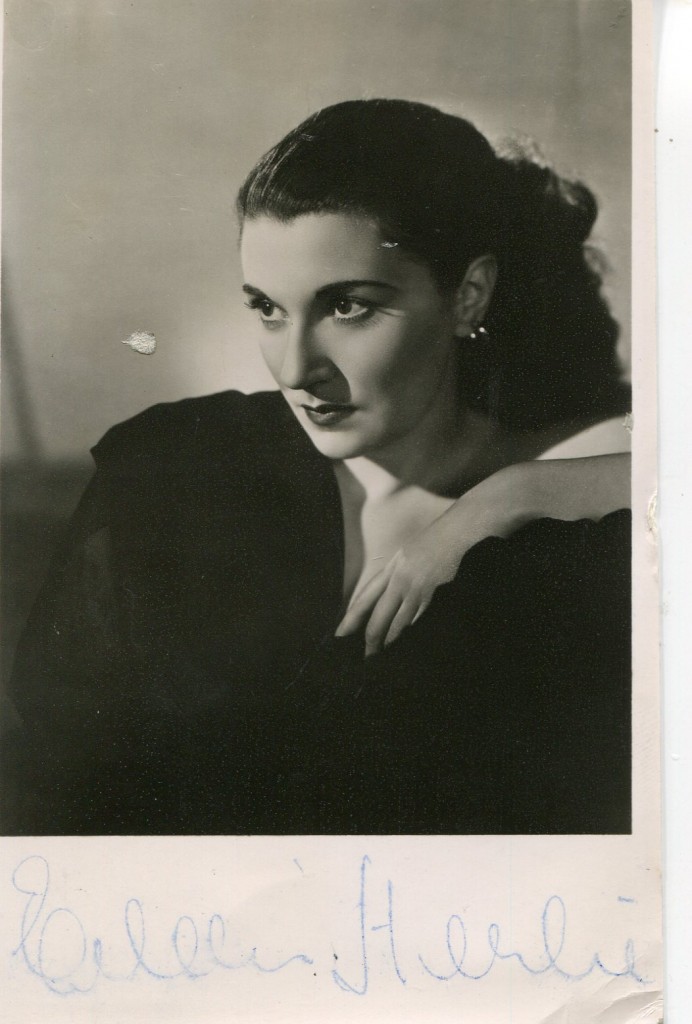
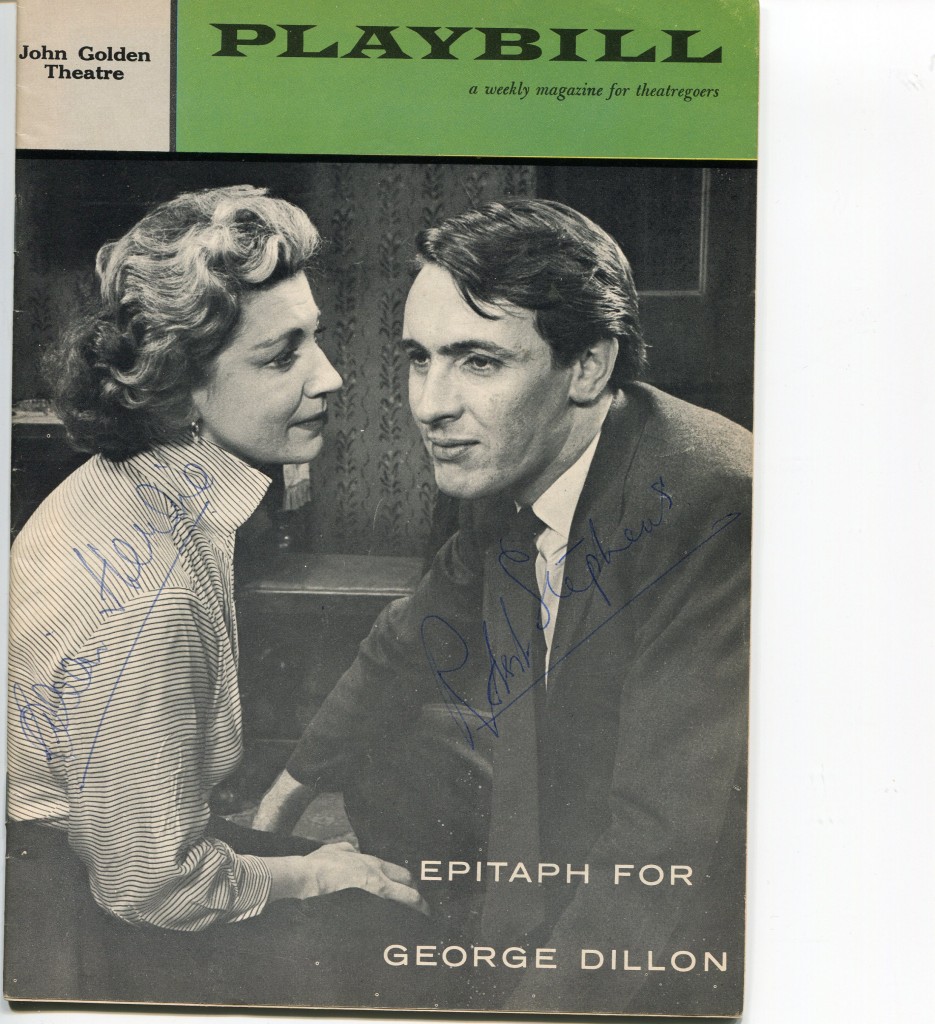
Eileen Herlie was born in 1920 in Glasgow. In 1948 she played Gertrud, mother to the “Hamlet” of Laurence Oliver despite the fact that she was 13 years younger than him. Her film credits are not extensive but include “The Story of Gilbert & Sullivan” in 1953, “Freud” in 1962 and “The Seagull” in 1968. She starred on the long running television soap opera “All My Children”. She died in 2008. Robert Stephens was born in Bristol in 1931. His career too was mainly on stage but his films include “Romeo & Juliet” in 1968, “The Prime of Miss Jean Brodie”, “The Private Life of Sherlock Holmes” and “Travels With My Aunt”. Robert Stephens and Maggie Smith’s son is the actor Toby Stephens. Robert Stephens died in 1995 at the age of 64.
Gary Brumburgh’s entry on Eileen Herlie:
- This vibrant Scottish character actress managed in her seven-decade career trek to not only brighten up the Broadway stage during the 1950s and 1960s in roles ranging from the man-searching milliner Irene Malloy to Hamlet’s mother Queen Gertrude, but conquered the TV market too, delighting daytime audiences for not only standing toe-to-toe against Susan Lucci‘s Erica Kane character (and later becoming her surrogate mom), but issuing in-your-face lessons on morality to other infamous Pine Valley characters on the classic soap opera All My Children (1970).
Eileen Herlie was born Eileen Herlihy on March 8, 1918, in Glasgow, Scotland, the daughter of a Catholic father and a Protestant mother. She studied and performed for many years with the Scottish National Players before transporting herself to England where she became professionally associated with the late and great director Tyrone Guthrie. Making her official stage debut with “Sweet Aloes” in 1938, she went on to advance in such plays as “Rebecca” (1942), “Peg o’ My Heart (1943), “The Little Foxes” (1944), “John Gabriel Borkman” (1944), “The Second Mrs. Tanqueray” (1944), “The School for Scandal” (1945) and “Anna Christie” (1945) before making a strong impression as Queen Gertrude in “Hamlet” in late 1945. Her film debut came in support of Margaret Lockwood and Dennis Price in the costume drama Hungry Hill (1947), but her huge breakthrough came about when Laurence Olivier cast her as his mother, Queen Gertrude, in his film adaptation of Hamlet (1948) — this despite Eileen being 11 years younger than Olivier, who won the Oscar for his superb work in the title role. Years down the road Eileen would again earn acclaim playing Gertrude in the 1964 Broadway production of “Hamlet” starring Richard Burton and in its accompanying Hamlet (1964) film effort.
Surprisingly, Eileen was seen very infrequently on film after this initial success opposite Olivier. Instead she stayed true blue to her first love — the theatre. Although she appeared to fine advantage on celluloid in The Angel with the Trumpet (1950), Gilbert and Sullivan (1953), Uncle Willie’s Bicycle Shop (1954), Cocktails in the Kitchen (1954),She Didn’t Say No! (1958) and Freud (1962), she found even more rewarding roles under the theatre lights where she earned enviable notices for her work in “The Eagle Has Two Heads” (1946), “Medea” (1948) (title role), “The Way of the World” (1953) and “Venice Preserv’d” (1953).
The feisty, flaming red-haired Scot took her first Broadway bow in 1955 as hat shop owner Irene Molloy in the highly successful production of “The Matchmaker” with Ruth Gordon starring as Dolly Levi. Eileen also appeared in New York musicals, co-starring with Jackie Gleason in the nostalgic “Take Me Along” (1960), which merited her a Tony nomination, and Ray Bolger in “All-American” (1962). Elsewhere, she graced two of Peter Ustinov‘s plays (“Photo Finish (1963) and “Halfway Up the Tree” (1967)) and continued in classic regal fashion with her Queen Mary role opposite George Grizzard‘s Edward VIII in “Crown Matrimonial” (1973). She played the same role a year earlier in a TV film version opposite Richard Chamberlain as the abdicating King Edward and Faye Dunaway as paramour Wallis Simpson. Eileen’s last stage role was in “The Great Sebastians” (1974) in Chicago co-starring Werner Klemperer, and her final film part came with a featured role in Chekhov’s The Sea Gull (1968), directed by Sidney Lumet and surrounded by a superb cast that included Simone Signoret, Vanessa Redgrave, David Warner and James Mason.
In 1976, Herlie made a long and permanent switch to daytime soaps. As bawdy, plump-figured carny Myrtle Lum Fargate who later refined herself to a point and operated a frilly boutique store on All My Children (1970), audiences took a special liking to her down-to-earth character whose impulsive bluntness, staunch integrity, briny tongue and heart of gold made her one of Pine Valley’s more beloved residents. She remained in town for over thirty years.
Divorced twice with no children, Eileen died at age 90 on October 8, 2008, due to complications from pneumonia. The stalwart actress continued to act almost to the end, last playing her “All My Children” character in June of 2008.
– IMDb Mini Biography By: Gary Brumburgh / gr-home@pacbell.net
TCM Overview for Robert Stephens:
Tall leading and character player whose long face and crisp demeanor have seen wide exposure in a distinguished stage career. Stephens’s film credits, though fairly regular since the early 1960s, have generally been less exciting, with the actor playing a series of passive suitors, sensitive artistic types and character roles calling on him largely to embody middle-aged, professional Englishmen.
Stephens began acting as a teen in repertory theater and continued after studies at drama school. He joined the Royal Court in London in 1956 for important plays like “Look Back in Anger” and “The Crucible”. Work in features began with parts which laid the grounds for future film roles: He made pirate Henry Morgan a robust Britisher in his US debut in the routine “Pirates of Tortuga”, and he played the colorless, along-for-the-ride boyfriend of the heroine’s domineering mother in the classic “A Taste of Honey” (both 1961). After joining the completely overwhelmed cast of the gargantuan “Cleopatra” (1963), Stephens played the nice, ordinary guy engaged to a woman desperately wanted by her loony ex-husband, the anti-hero protagonist of the landmark anarchic comedy “Morgan” (1966). Stephens and director Karel Reisz admirably refrained from making his role a dull, standardized comic villain, but David Warner and Vanessa Redgrave stole the acting thunder just the same.
Stephens’ third wife (1967-74) was actor Maggie Smith, and the pair teamed for two films in which he played her lover. He was quite good as the sharp, lusty but feckless teacher colleague who witnesses “The Prime of Miss Jean Brodie” (1969) and was touching as the peripatetic protagonist’s paramour in “Travels With My Aunt” (1972), but in each case Smith’s zany comic elan was practically the whole show. His one major showcase came with his funny, profoundly troubled and yet stalwart sleuth in Billy Wilder’s splendid “The Private Life of Sherlock Holmes” (1970). Subsequent character roles have been as military men (“The Duelists” 1977), artists (“Testimony” 1987), and titled Englishmen (“Bonfire of the Vanities” 1990). His best parts have came in offbeat fare, from “The Fruit Machine” (1988, as an opera star) to Kenneth Branagh’s “Henry V” (1988, as Pistol).
Stephens’ TV work has been modest but effective with the actor appearing mostly in highly prestigious miniseries such as “QB VII” (1974), “Holocaust” (1978), “War and Remembrance” (1988) and “Adam Bede” (1992). Much of his most important work has remained on the stage, with acting at the Royal Shakespeare Company and practically every other major theater running the gamut from “The Entertainer”, “Saint Joan”, “Royal Hunt of the Sun” and “Apropos of Falling Sleet” (which he also directed) to New York work in “Epitaph for George Dillon” and “Sherlock Holmes”. In the 1990s, Stephens returned to the London stage and earned critical praise and awards for his performances as Falstaff and Lear. Father of actors Toby Stephens and Chris Larkin.
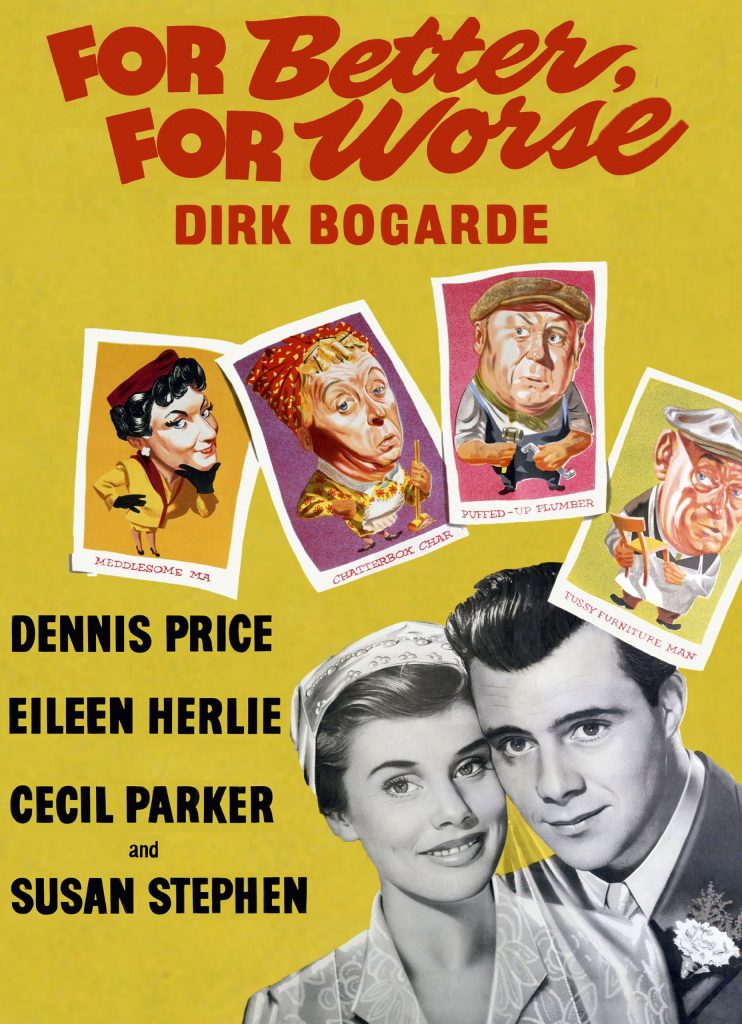

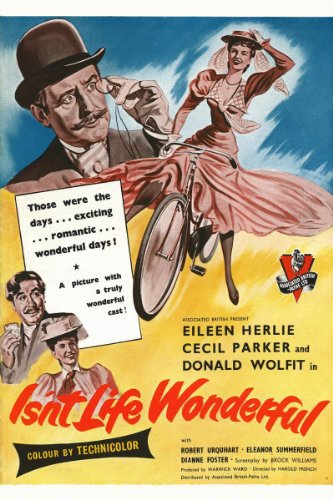
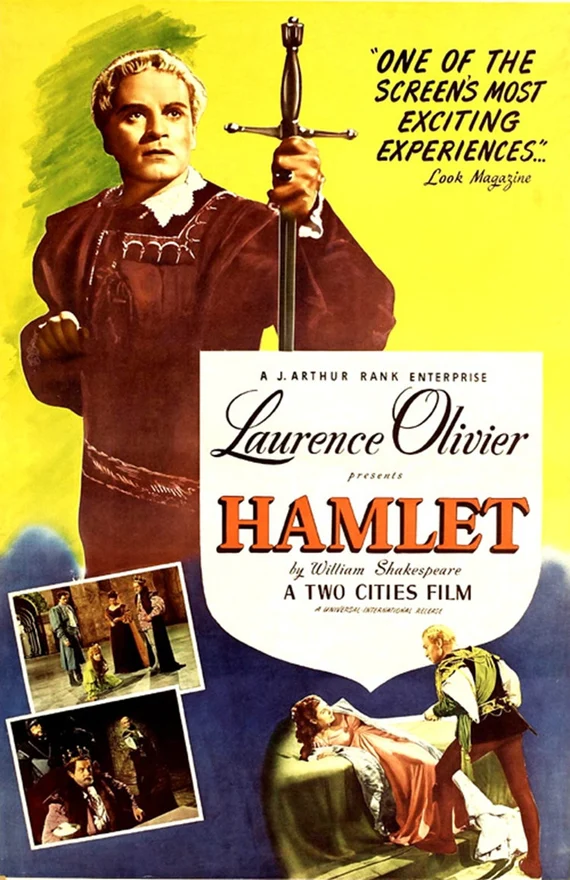
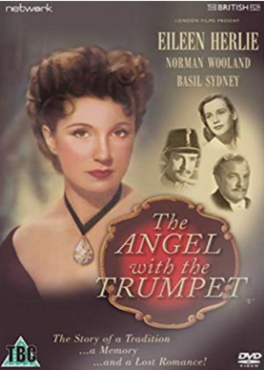
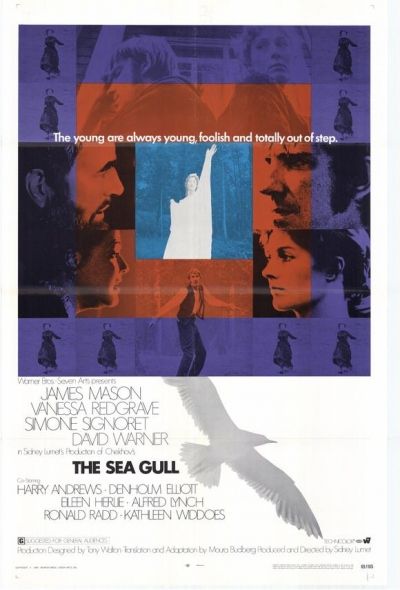
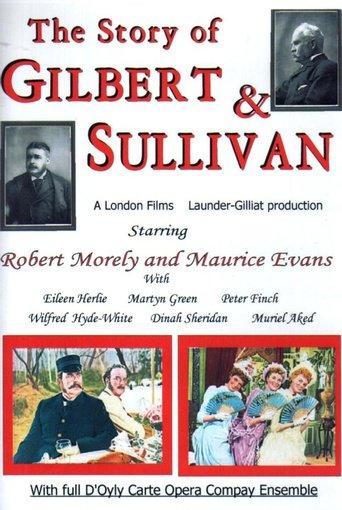
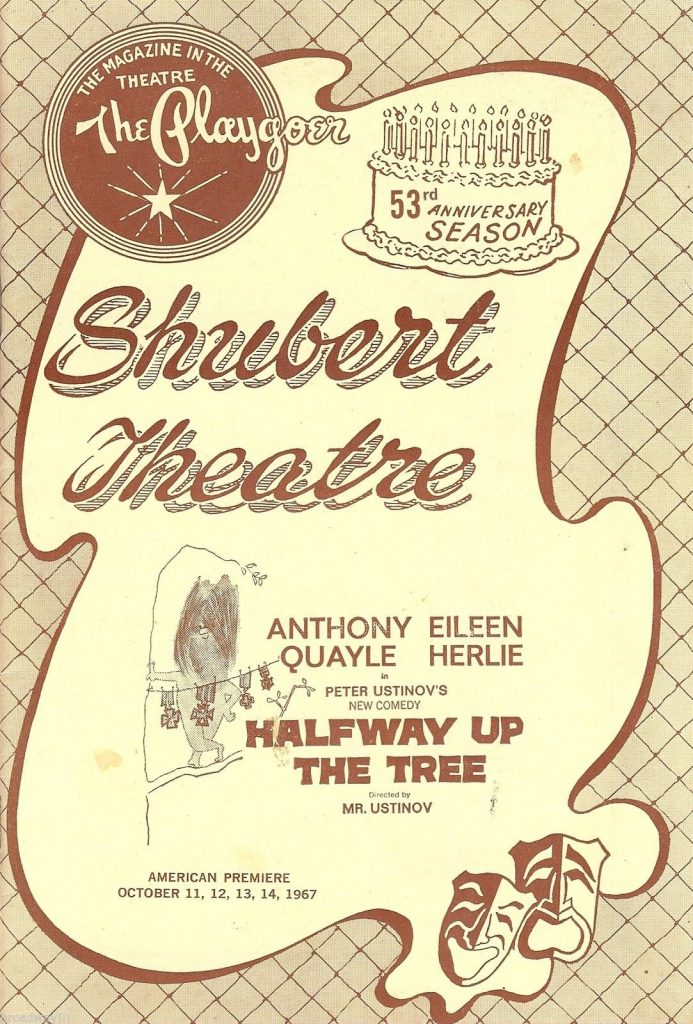
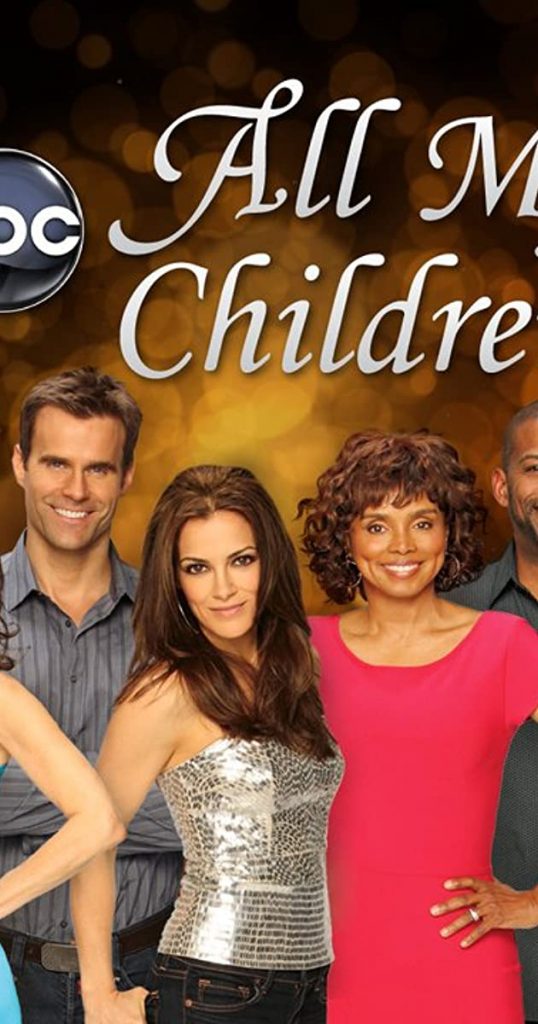
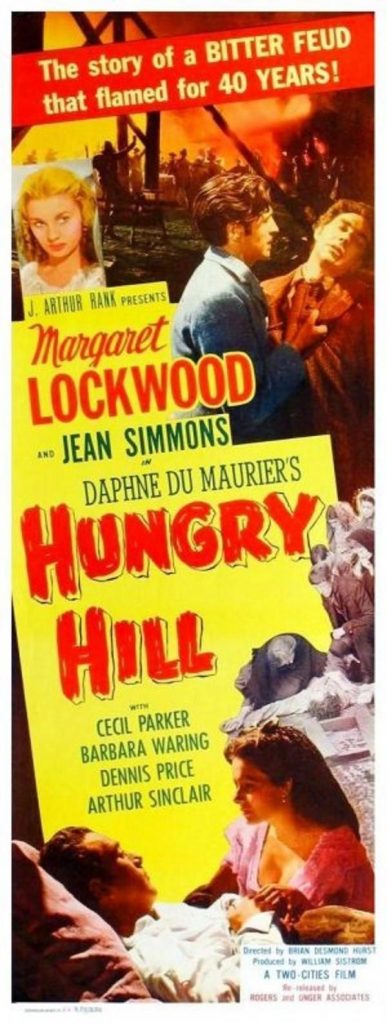
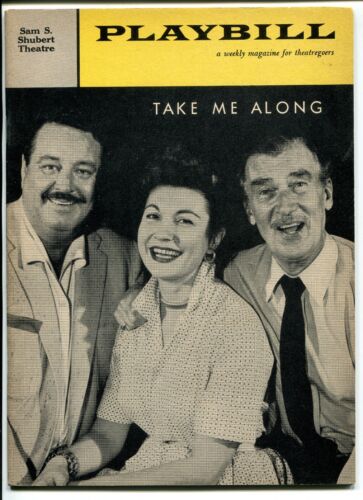
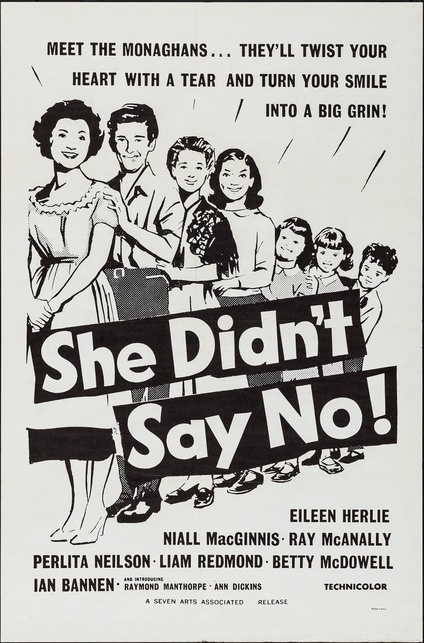
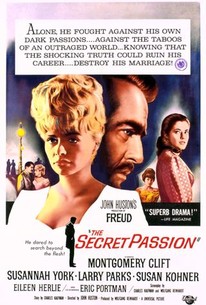
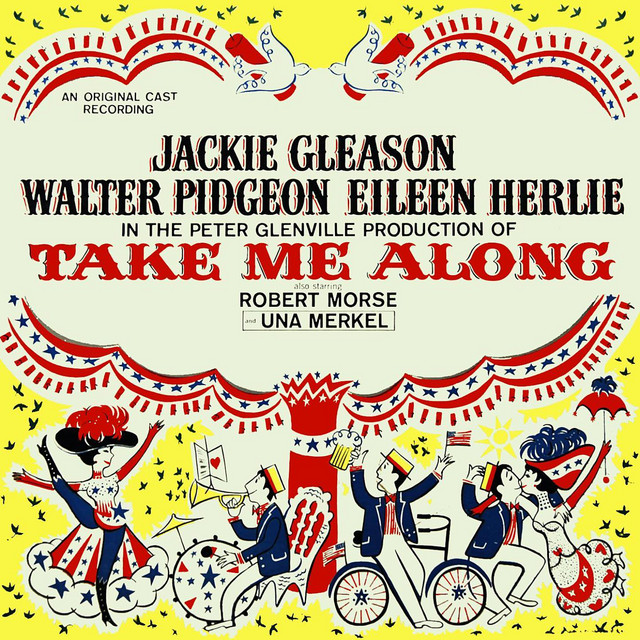
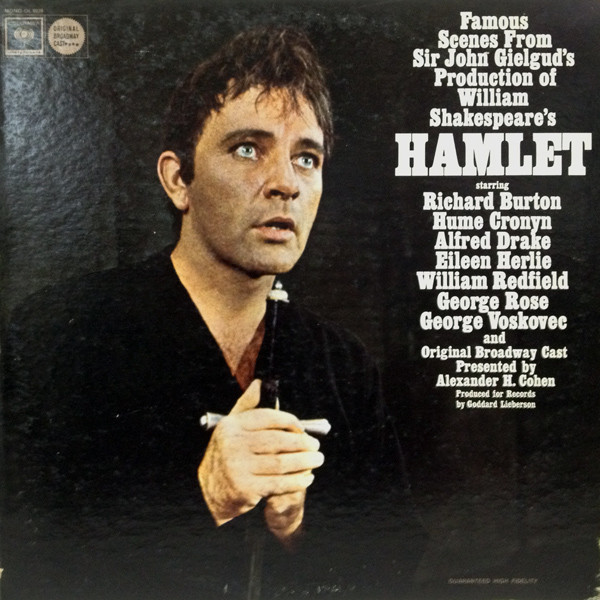
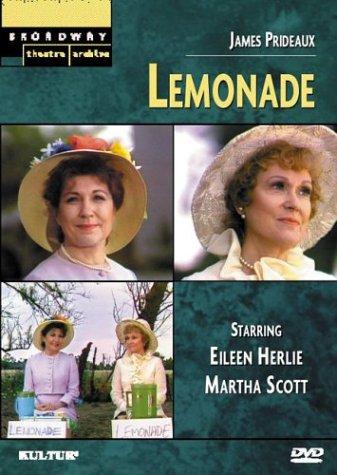
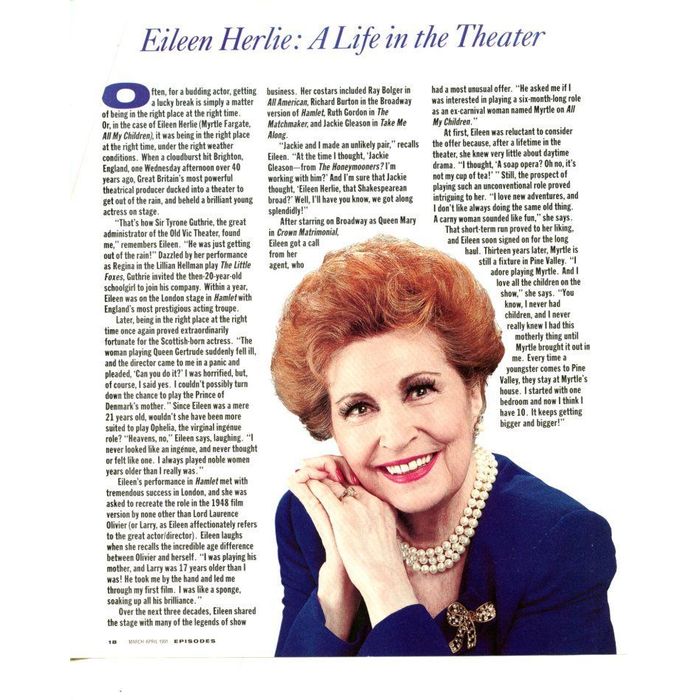
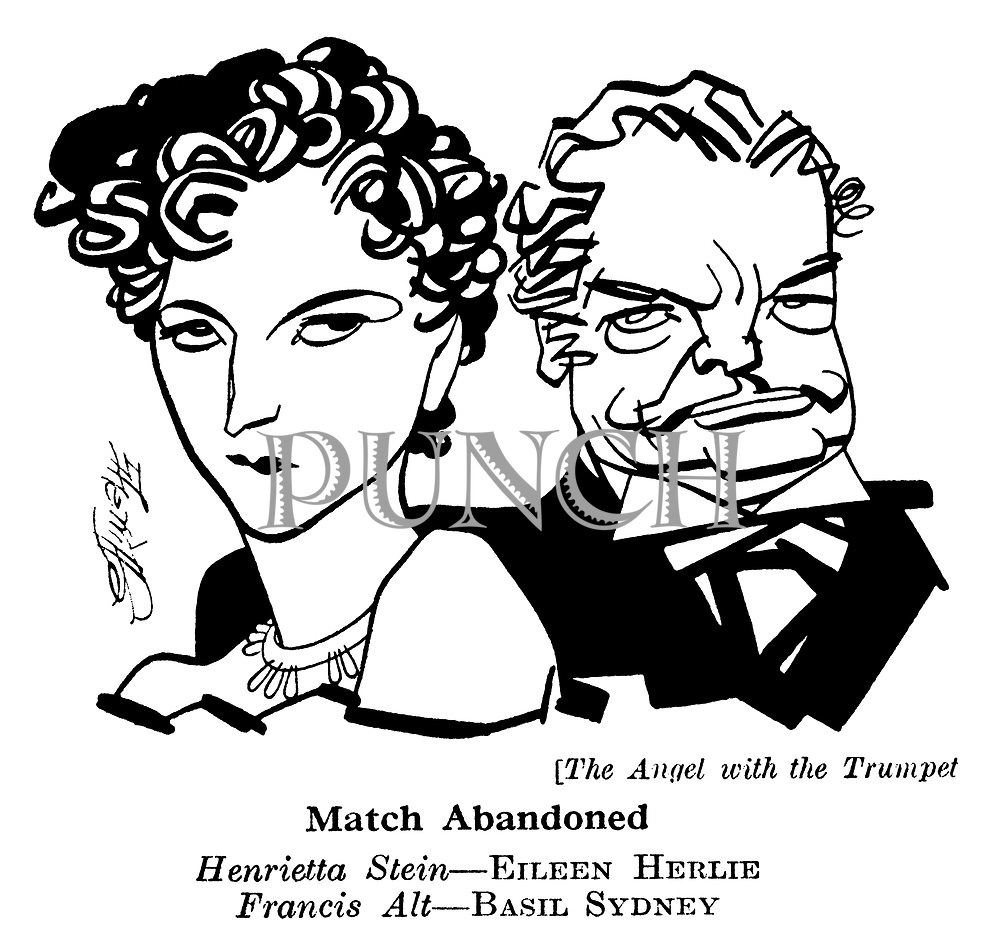
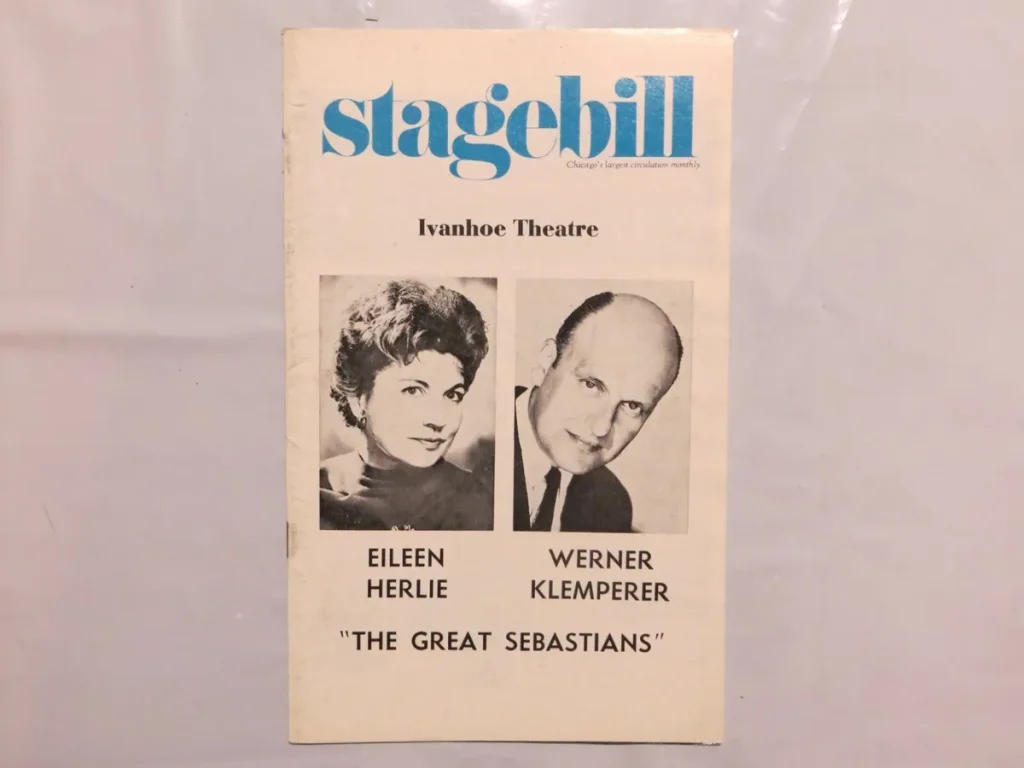
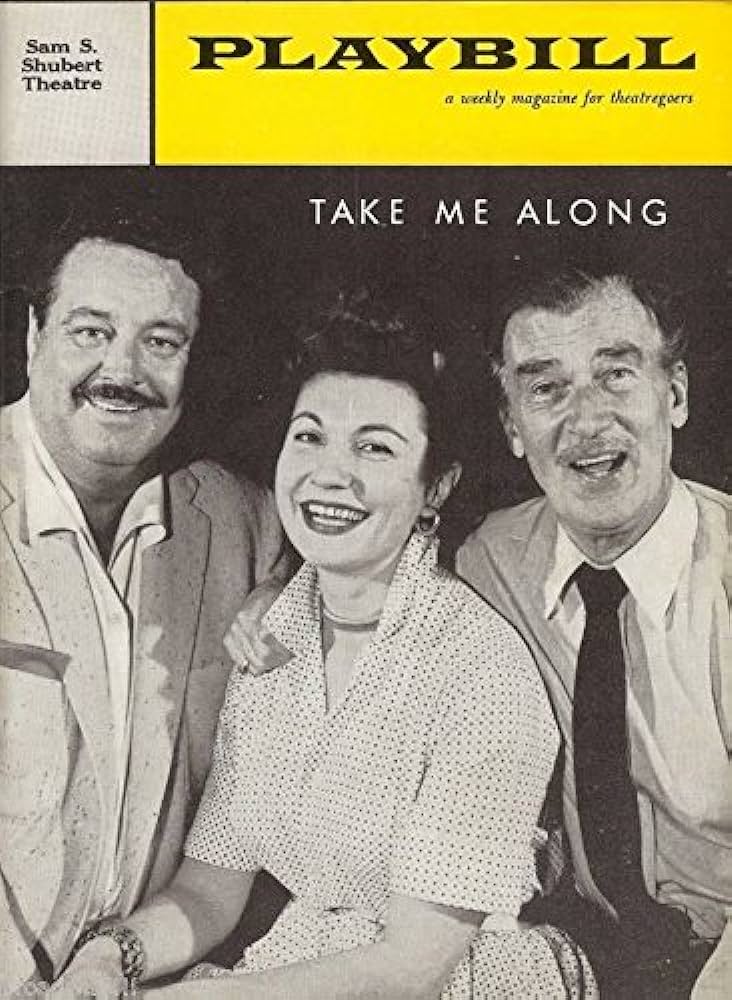


Comment
alec
exelent.